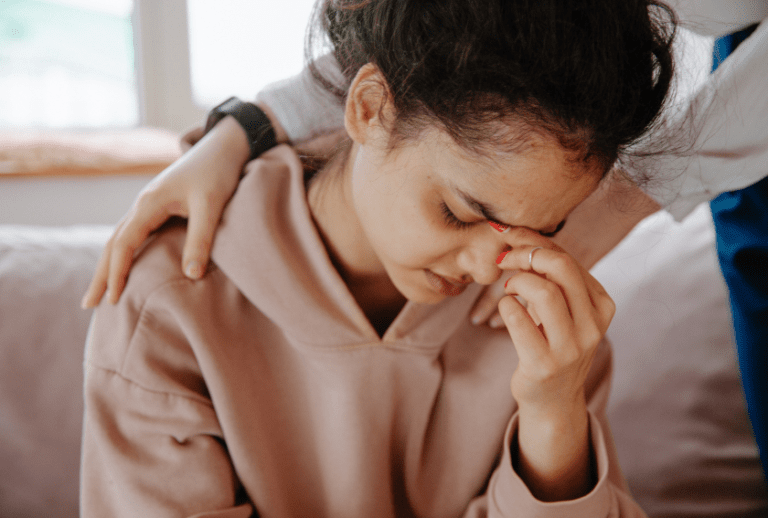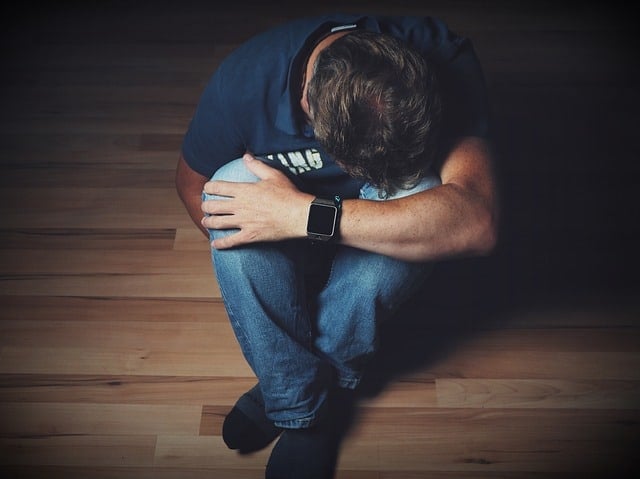A Guide to Vivitrol for Alcohol and Opioid Abuse
Can Vivitrol for alcohol and opioid abuse be a helpful resource for individuals battling addiction? Opioid and alcohol addiction are both devastating diseases that deeply affect individuals and their families.
According to the National Survey on Drug Use and Health, more than 235 million Americans aged 12 and older report having used an illicit drug in their lifetime, including opioid pain relievers (such as OxyContin and Vicodin), heroin, and alcohol. While alcohol is a legal substance, it is also highly addictive, and alcohol abuse and addiction are just as difficult to overcome as opioid dependence.
Once addicted to either alcohol or opioids, it becomes extremely challenging to break free from the cycle of substance use. Withdrawal from both opioids and alcohol can be painful, and the physical and psychological cravings make it hard for individuals to quit. Alcohol withdrawal, in particular, can be life-threatening, with symptoms ranging from tremors and sweating to severe complications like seizures or delirium tremens (DTs).
Both substances lead to a dangerous level of dependence in the body, which causes harmful physiological effects when their use is abruptly stopped. For example, opioid withdrawal can trigger symptoms such as nausea, vomiting, and diarrhea, while alcohol withdrawal may include agitation, rapid heart rate, and confusion.
These withdrawal symptoms often lead individuals to continue using the substances to avoid the discomfort, perpetuating the cycle of addiction.
The opioid crisis has garnered significant attention in the United States, but alcohol abuse remains a significant concern, with many people struggling to find effective treatment for both types of addiction.
In response to the opioid epidemic, various innovative treatments have been developed, such as Vivitrol—a medication that helps individuals overcome their dependence on opioids. But as with opioid addiction, finding the right treatment for alcohol addiction is equally crucial.
So, is Vivitrol for alcohol and opioid abuse the right solution for everyone? And what other options are available for those battling alcohol addiction? Let’s explore these questions further.
What is Vivitrol?
Vivitrol is a long-acting drug that is meant to reduce the negative effects of opioid dependence and help prevent overdoses. It is given to patients who have already been diagnosed with opioid dependency in a doctor’s office or a clinic. It is not a cure, but rather a maintenance medication that helps prevent relapse.

After being prescribed by a doctor, the patient is given a “sham” injection. This injection is actually a placebo. It has no pharmacological effects and does not contain any actual drug. The patient is then given the real injection, which is Vivitrol.
Vivitrol for alcohol and opioid abuse is given as an injection once every month. It is usually given in two separate doses. The first injection is given six to eight weeks after the first dose. A second injection is given two to three weeks after the first. The total duration of treatment is typically three months.
How Does Vivitrol for Alcohol and Opioid Abuse Work?
Vivitrol works by blocking the effects of opioids in the brain. It does this by binding to opioid receptors in the brain, preventing them from being activated.
Once bound, the opioid receptors cannot receive nor transmit signals. As a result, the patient feels no pain, sadness, or pleasure. This results in opioid withdrawal symptoms as well as physical and psychological relief.
The reason that Vivitrol blocks opioid receptors instead of binding to them directly is because it is an “antagonist.” Antagonists prevent the receptors from receiving or transmitting signals. It is for this reason that Vivitrol can prevent the effects of opioids in the brain and help with opioid withdrawal.
How to Get Vivitrol for Alcohol and Opioid Addiction
In order to get Vivitrol for alcohol and opioid abuse, you must first be prescribed it by a doctor.
Vivitrol is a prescription medication, which means that the doctor will write you a prescription and you will have to purchase it from a pharmacy. The good news is that Vivitrol is covered by most insurance providers.
What to know before you pick up Vivitrol
There are a few things you should know before picking up Vivitrol. First, you should know that you will be under strict medical supervision for the first month that you take it.
Your doctor will closely monitor your vital signs and conduct various tests to make sure that you do not have any other medical conditions that would make Vivitrol for alcohol and opioid abuse unsafe.

Advantages of Vivitrol
It is a medication that blocks the effects of opioids and can help reduce cravings. Vivitrol is also effective in treating alcohol addiction. It can help people stay sober and reduce relapse rates. Vivitrol is a safe and effective treatment for addiction, and it can help people get their lives back on track. The main advantage of Vivitrol is that it prevents opioid relapse.
If you stop taking Vivitrol for alcohol and opioid abuse, you will experience withdrawal symptoms, which can be dangerous. Withdrawal symptoms can include:
- Nausea
- Vomiting
- Diarrhea
- Sweating
- Chills
- Muscle cramps
- Contractions
Disadvantages of Vivitrol for Alcohol and Opioid Abuse
The main disadvantage of Vivitrol is that it does not treat the underlying cause of opioid dependency. Instead, it only treats the symptoms. As a result, the patient is still at risk of returning to the same old habits, should they lose access to Vivitrol.
This risk is especially high within the first week of discontinuing treatment when withdrawal symptoms are at their most severe. Depending on each person’s situation, relapsing could mean going back to the same old habits, or it could mean trying a different drug or experimenting with a new one.
It is important to note that each individual’s risk of relapse is different. While it is probable that you will relapse at some point, it is impossible to say with certainty.
Final Words: Is Vivitrol for Alcohol and Opioid Abuse Right for You?
If you are struggling with opioid addiction, Vivitrol can help. It is a safe, effective way to prevent relapsing and prevent overdose. However, Vivitrol is not for everyone. This is because it is a drug that blocks opioid receptors in the brain, which means that it affects the way you think and feel.
People who want to get clean and sober, who want to break the cycle of drug abuse, and who want to do so in a healthy way, should not take Vivitrol.
People who are simply looking for a pain reliever and are not interested in changing their habits or their lives should also avoid Vivitrol.
These people are unlikely to benefit from Vivitrol. Only those who are ready to change their lives and enter recovery should consider Vivitrol.

Oasis Recovery Can Help
Opioid and alcohol addiction can affect anyone. If you or a loved one are currently struggling with addiction, help is available! We encourage you to reach out to the professionals at Oasis Recovery to learn more about our personalized treatment programs and mental health services.
Oasis Recovery was founded from firsthand experience of addiction and recovery, with a mission of providing a space where people can heal from addiction in a compassionate, creative, open-minded, and heart-centered environment. We believe recovery is always possible. Our experts work with you to design a treatment plan that fits your needs. Common treatment programs include:
- Intensive Outpatient Programs (IOP)
- Full-time Addiction Treatment on campus
- Aftercare Services
Contact us or call us today for more information about how our programs and services can help you get your life back on track. You no longer have to struggle with opioid addiction on your own. We are here to help.









